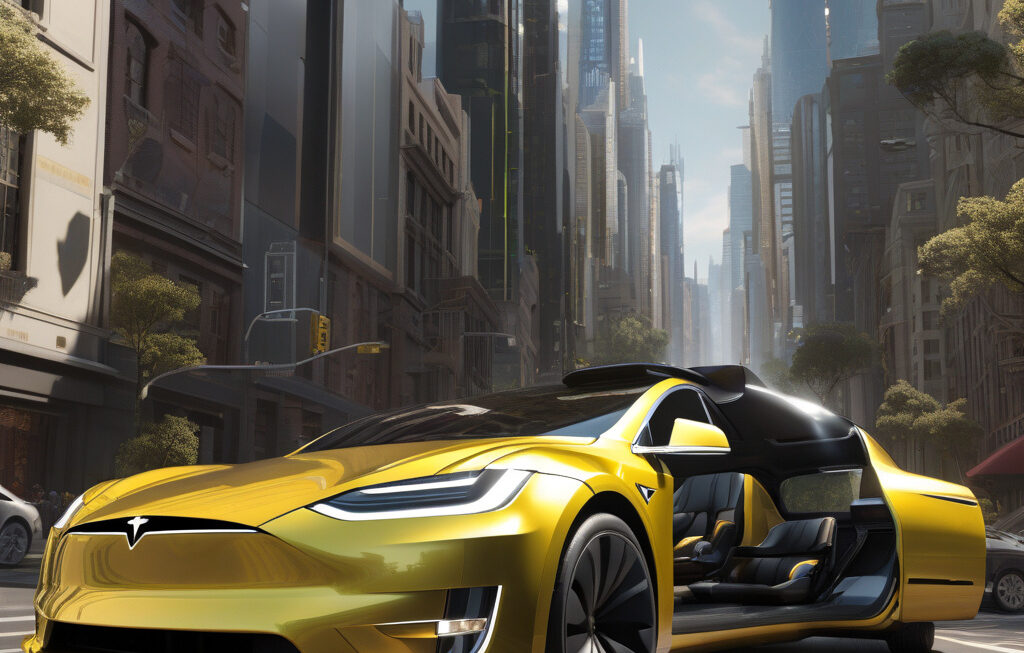Toyota’s new Le Mans hypercar runs on liquid hydrogen, aims racing dominance
Hydrogen-powered vehicles might still be considered experimental by many, but Toyota continues to push boundaries. The automotive giant recently unveiled its latest innovation – a Le Mans hypercar fueled by liquid hydrogen. This groundbreaking move not only showcases Toyota’s commitment to sustainability but also its determination to dominate the racing world with cutting-edge technology.
The use of liquid hydrogen as a fuel source in the hypercar marks a significant milestone in the automotive industry. While hydrogen fuel cell vehicles have been around for some time, the idea of using liquid hydrogen in high-performance racing vehicles is relatively new. Toyota’s decision to explore this technology demonstrates a bold step towards a more sustainable future for motorsports.
One of the key advantages of using liquid hydrogen is its high energy density. This means that a smaller amount of fuel can generate more power, giving the Le Mans hypercar a competitive edge on the racetrack. Additionally, hydrogen fuel burns cleanly, producing only water vapor as a byproduct. This aligns with Toyota’s commitment to reducing carbon emissions and promoting eco-friendly practices in the automotive sector.
In addition to its environmental benefits, liquid hydrogen offers faster refueling times compared to traditional gasoline or electric vehicles. This could potentially give Toyota’s hypercar an advantage during pit stops, allowing for quicker turnarounds and potentially influencing race outcomes. Moreover, the use of hydrogen as a fuel source opens up new possibilities for innovation in the racing world, paving the way for other manufacturers to explore sustainable alternatives.
Toyota’s foray into hydrogen-powered racing is not just about performance; it’s also a strategic move to position itself as a leader in sustainable technology. By investing in liquid hydrogen research and development, Toyota is showcasing its commitment to pushing the boundaries of innovation in the automotive industry. This move is likely to resonate with eco-conscious consumers and racing enthusiasts alike, further solidifying Toyota’s reputation as a forward-thinking and environmentally responsible brand.
As Toyota prepares to debut its Le Mans hypercar on the racing circuit, all eyes will be on how this groundbreaking technology performs in a competitive setting. If successful, Toyota could set a new standard for sustainability in motorsports and inspire other manufacturers to follow suit. The race track is not just a battleground for speed and skill; it’s also a proving ground for innovation and progress.
In conclusion, Toyota’s decision to develop a Le Mans hypercar powered by liquid hydrogen underscores the company’s commitment to sustainability and technological advancement. By harnessing the power of hydrogen fuel, Toyota is poised to revolutionize the racing world and set new standards for performance and eco-friendliness. As the automotive industry continues to evolve, Toyota’s bold move signals a promising future where sustainability and speed go hand in hand.
Toyota, Le Mans, hypercar, liquid hydrogen, racing dominance












